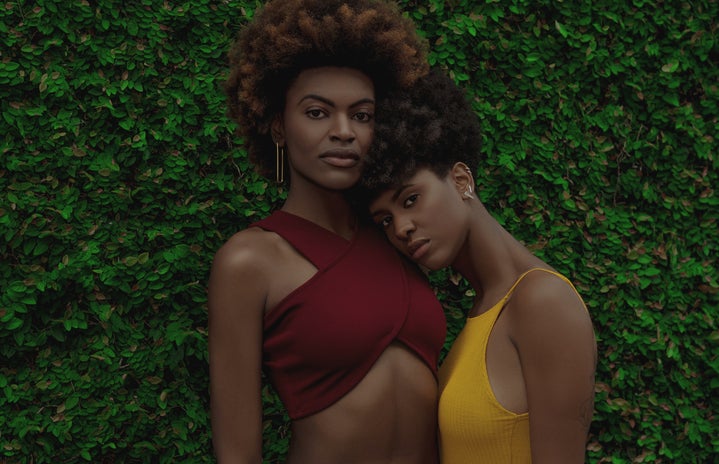You may have heard the term “microaggression” going around again recently. The Merriam Webster Dictionary describes this as “a comment or action that subtly and sometimes unconsciously expresses a prejudiced attitude towards a marginalized group, such as a racial minority.” Although microaggressions are sometimes unconscious or unintentional, this does not take away any of the detrimental effects of them. Some might overlook these and think they are small jabs, but they add up day-to-day and can become a terrible burden that no one should have to carry day in and day out. Oftentimes they echo views of a systemically racist society which can have serious effects on a person’s livelihood, especially since it can cost someone a job, opportunities or peace of mind.
People who use microaggressions often do not understand the impact of what they are doing. But ignorance is no excuse for causing someone hurt continuously. Supervisors need to learn why calling a Black hairstyle “dirty” is racist, ignorant and hurtful to the people in Black culture. In a professional setting, when a person of status makes a comment like that, they are immediately making the workplace less safe for the people who wear those hairstyles. They are immediately saying that their culture and their hairstyle is “dirty,” and they are letting any other witnesses around know that they believe that kind of racist speech is acceptable in the workplace. This puts a marginalized group at more of a disadvantage, and this can also be seen when a supervisor subconsciously discriminates against this hairstyle when hiring.
Shamontiel L. Vaughn describes some of her experiences with microaggressions in a Medium post saying, “It is exhausting to be considered intimidating from the minute you walk in a room.” Vaughn, like many other Black women, was labeled intimidating for being an assertive and experienced woman at her workplace. Her boss appeared to victimize herself and expressed a sentiment of “walking on eggshells” around her, which in many cases can become an attitude taken by individuals labeling other people groups’ ways of doing things or communicating as “aggressive.” Vaughn was surprised by these remarks since she didn’t do disrespectful actions such as rolling her eyes, and since she witnessed her supervisor make inappropriate comments in the workplace. The irony did not slip past her, as her boss made comments about employees’ bodies, but had an issue with Vaughn’s natural demeanor as a Black woman.
Vaughn continued expressing her frustration on the toxic work environment which she chose to leave saying, “A Black woman just reacting to something she disagrees with can too often be labeled as angry… And it’s exhausting.”
Vaughn is not alone in her experience of microaggressions in “professional” settings. Even representatives of the country as a whole are subject to these misjudgments. Congresswoman Ocasio-Cortez has expressed displeasure with the way fellow white house officials have treated and referred to her, and Senator Harris has received many remarks and commentary about her appearance and perceived demeanor during debates instead of her experience, qualifications or plans and policies. Many have looked on Caucasian representatives with normalcy when comments sparking outrage have been made, but Senator Harris was called condescending for looking at her opponent while he spoke or for stopping him from interrupting her.
These examples all show an implicit bias against women of color, and in these cases, they deal with both racism and sexism against them in “professional” roles.
Professional settings aside, “microaggressions” can quickly turn deadly, in the cases where Black men have been shot and killed for appearing “intimidating” while walking in a hoodie. In these cases, there is nothing microscopic about it—microaggressions can be costly, and this is one of the many reasons why microaggressions need to go. Too many people have been out in danger by them and the playing field cannot be even when these words and actions are still deemed acceptable in our communities and societies.



